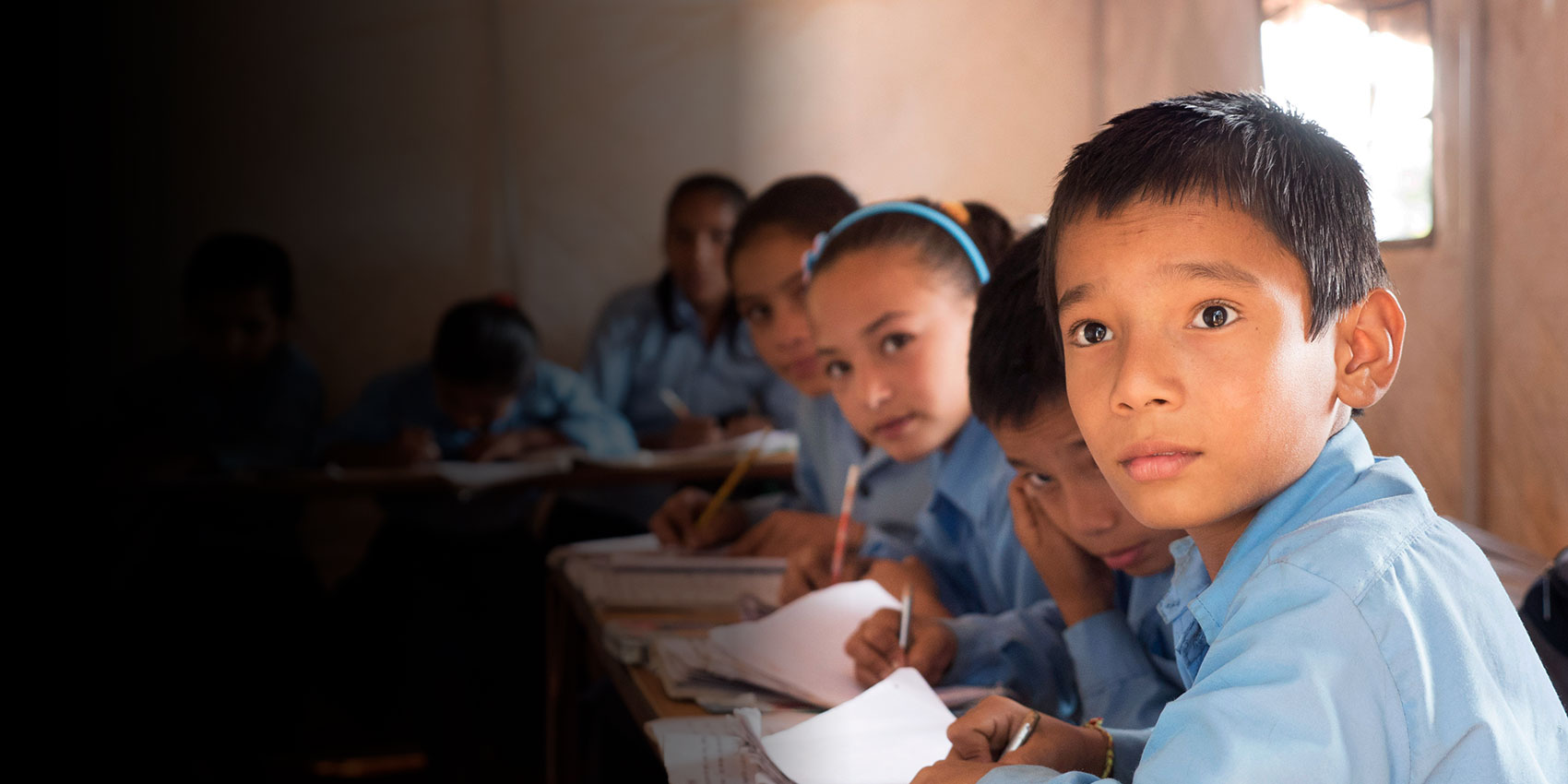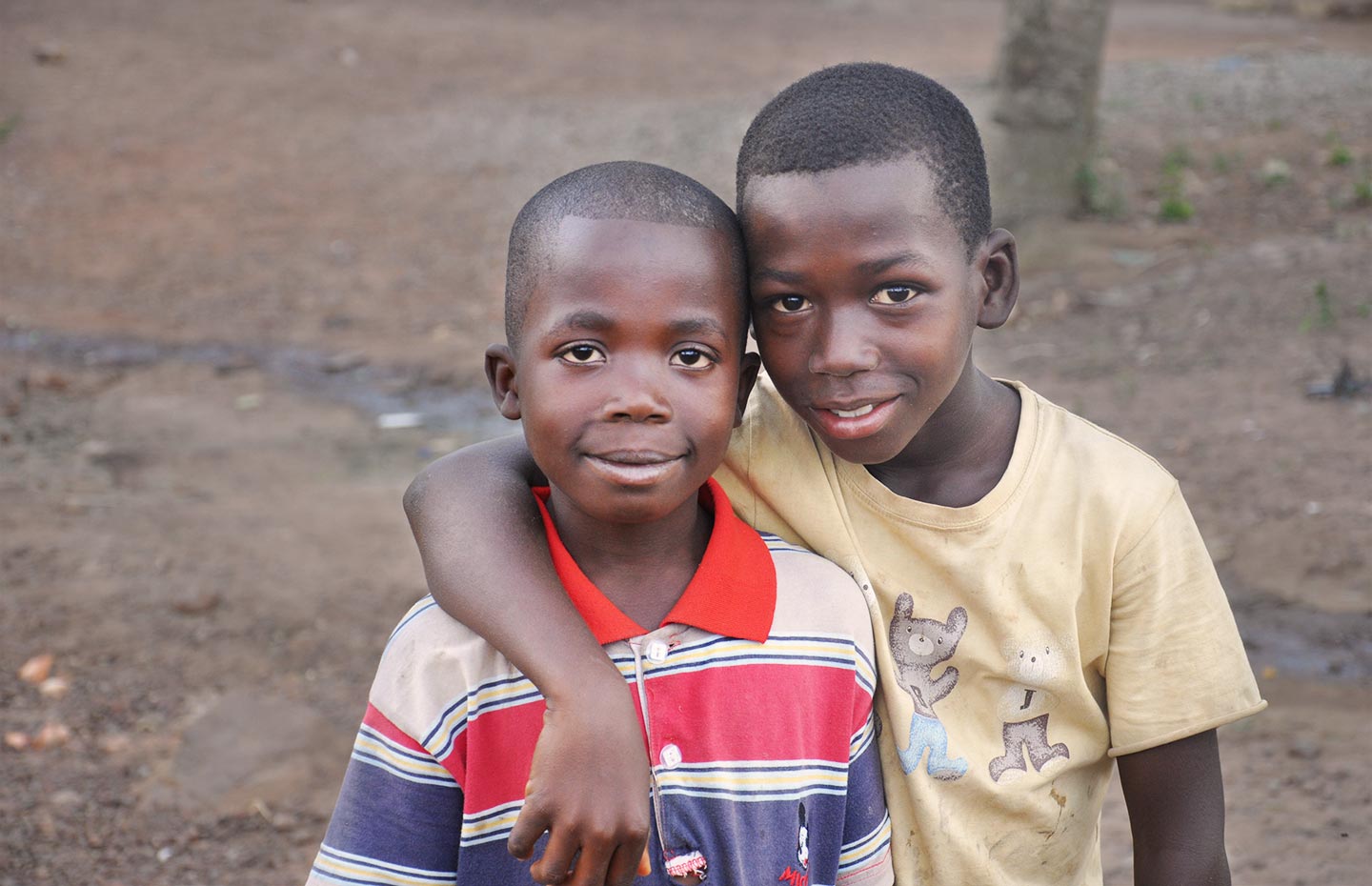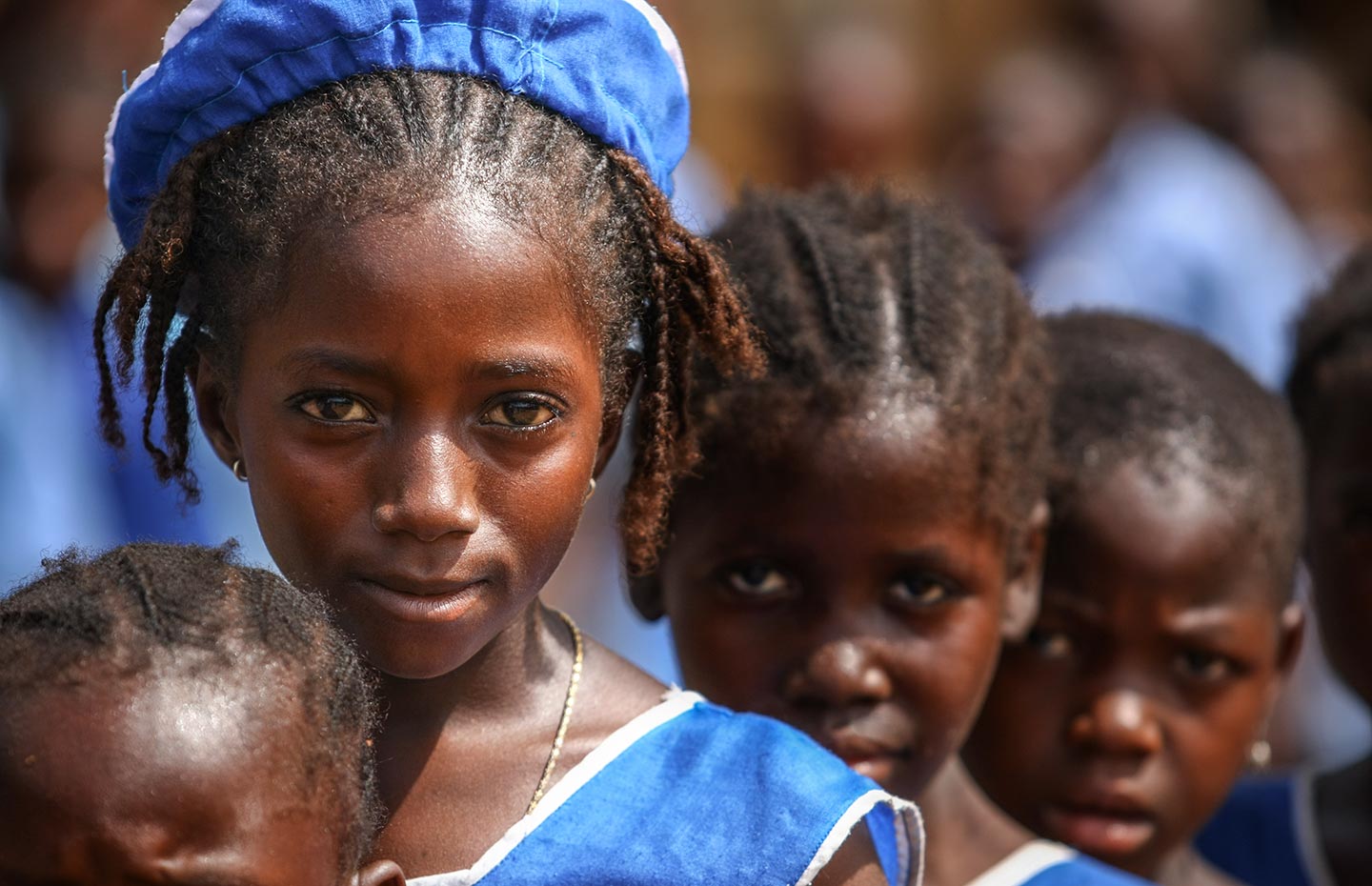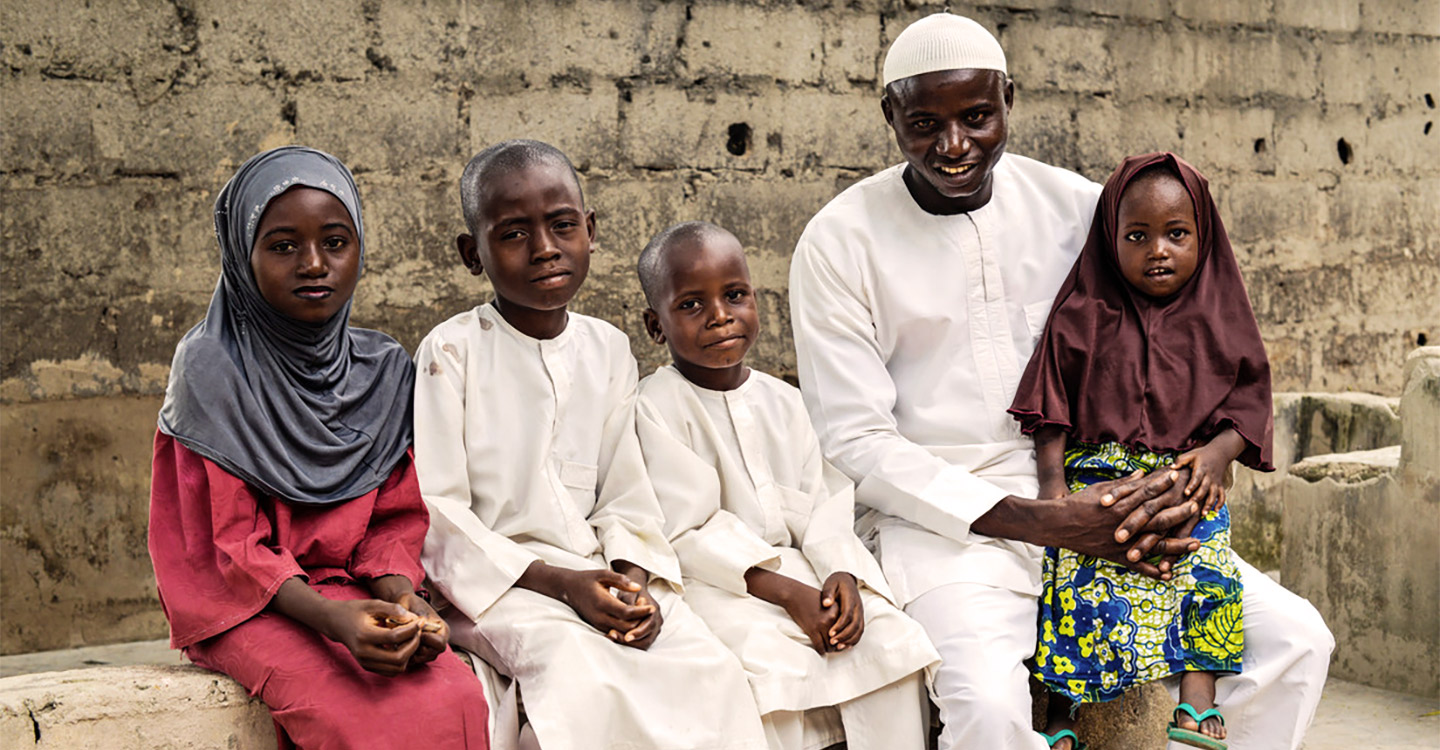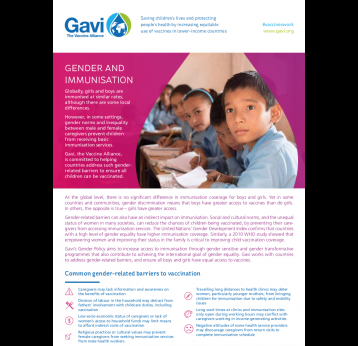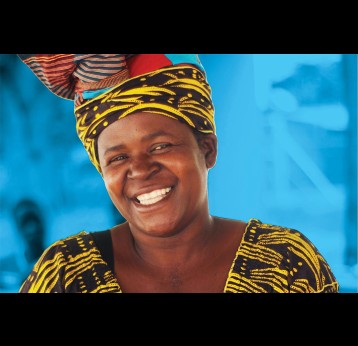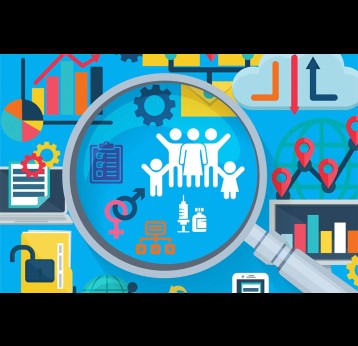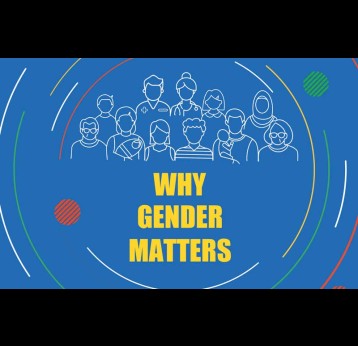Gender-related barriers can also have an indirect impact on immunisation. Social and cultural norms, and the unequal status of women in many societies, can reduce the chances of children being vaccinated, by preventing their caregivers from accessing immunisation services. Due to gender norms, it is often women’s responsibility to bring children for vaccination; yet women in lower-income countries often face gender-related barriers to doing so, including: time constraints due to high workload; limited funds for transport; and lack of access to information on disease prevention. In many countries, vaccinators are predominantly women, and they may face barriers in delivering vaccine services due to gender norms, unsafe working conditions, poor or irregular pay, and heavy workload. The United Nations’ Gender Development Index confirms that countries with a high level of gender equality have higher immunisation coverage.
At the global level, there is no significant difference in immunisation coverage for boys and girls. Yet in some countries and communities, gender discrimination means that boys have greater access to vaccines than do girls. In others, the opposite is true – girls have greater access.
Gavi works with countries to address gender-related barriers, and ensure all children of all genders have equal access to vaccines.
